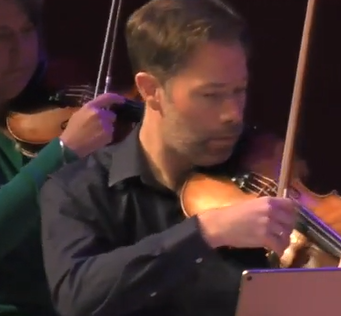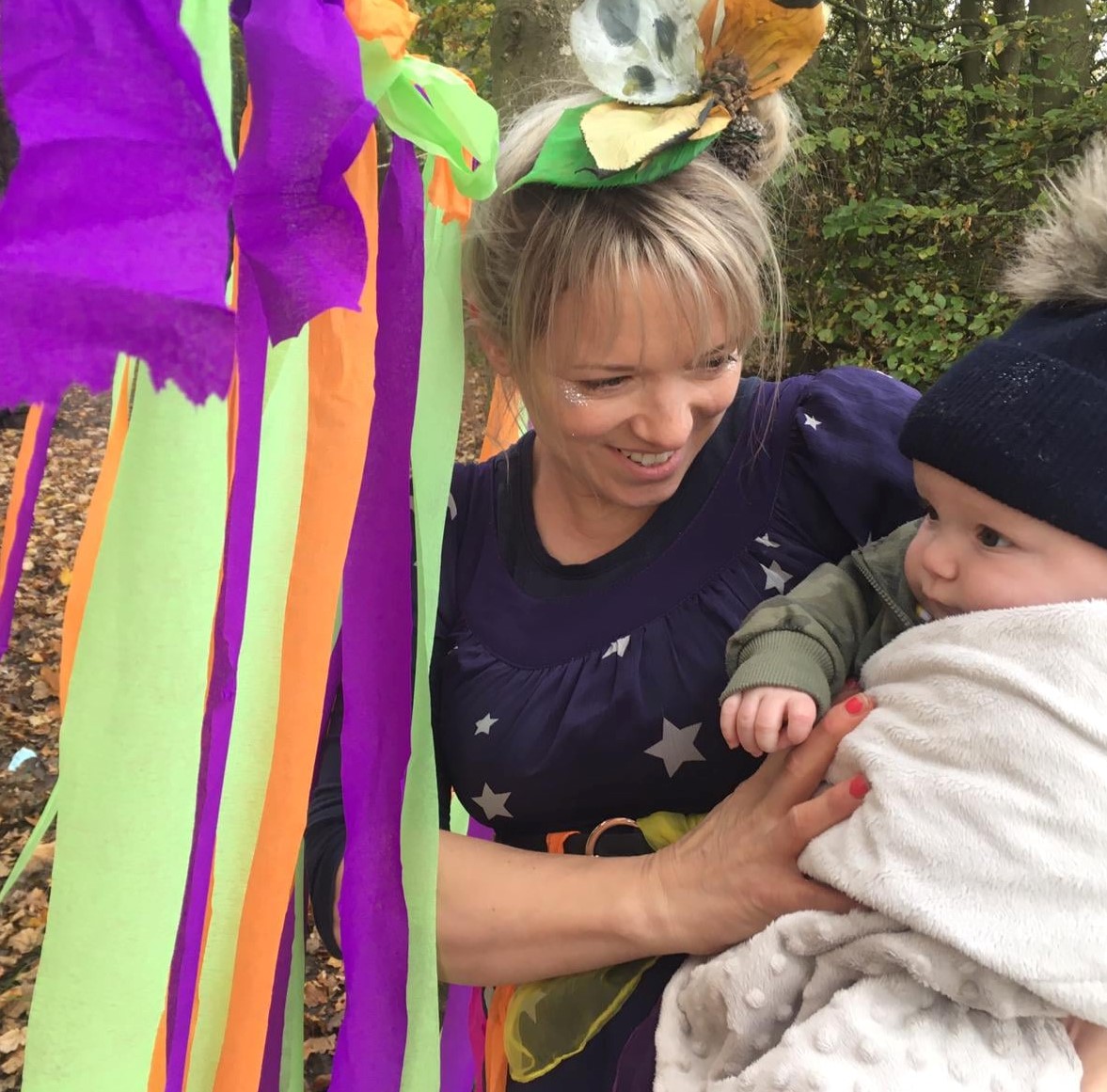New Emerging Minds project will examine how live music could boost young people’s mental health and wellbeing
5 February 2021
MEDIA RELEASE
A unique multi-partner research project will examine evidence for the impact of live music experiences on the mental health and wellbeing of children and young people.
Click here to learn more about the project and to find out how you can take part
Children in Scotland is collaborating with Scottish Ensemble on the research, joined by the University of Stirling, the Scottish Government and the charity’s children and young people’s advisory group Changing our World.
The project, announced today as part of Children’s Mental Health Week 2021, stems from the partner organisations’ shared interest in exploring evidence about the impact of live music on children’s wellbeing.
It reflects their hope that, in the wake of the pandemic, live music can be made an accessible part of mental health improvement activity.
The University of Stirling will bring research expertise to the project, while the Scottish Government’s Mental Health Division will have direct access to learning from the research to help shape government policy.
Young members of Changing our World will steer the group’s focus and collaborate with other members to discuss the findings and agree recommendations.
The Special Interest Research Group led by Children in Scotland and Scottish Ensemble is one of 18 supported by Emerging Minds, a UK- wide research network aiming to reduce the prevalence of mental health problems experienced by young people.
Children in Scotland’s Head of Policy, Projects and Participation Amy Woodhouse said:
“Through this project we want to understand what it is about experiencing music live that may have a positive impact on mental health. We’ll be studying the evidence for this from the perspective of children and young people, looking at the impact of different factors such as location and performance type, and how experiences vary based on age and protected characteristics, such as disability, sexuality or race. We want to identify how barriers such as poverty and other forms of disadvantage can be overcome.
“Much work has already been conducted on the impacts of learning and playing an instrument on young people’s attainment and wider learning outcomes. But our emphasis will be on the wider holistic benefits of using music as much for wellbeing purposes as for curriculum-related priorities.
“We plan to engage with others working in related areas for a series of research discussions, and we look forward to a programme of workshops over the summer which will take the project forward.”
Scottish Ensemble Project Manager Duncan Sutherland said:
“I think many of us have had a moment in our lives at a live music performance that’s connected with us in a special way. Music has that ability to inspire deep emotional connections and it’s those connections and that impact we’re looking to explore in this project, and how we can use that to enhance wellbeing for young people.
“We’re really looking forward to working with organisations from different sectors for the shared learning and discussion that will bring, and hopefully that learning will contribute to making a real impact for young people in the near future.”
Lynne Gilmour, ESCRC PhD student at the University of Stirling, said:
“I’m really excited about this project and exploring how we might take forward research into practice and see real benefits to children’s mental health through live music. Listening to live music is completely experiential, and can be a vehicle for emotional expression, and regulation, both mood enhancing and altering.
“Working together with people from different organisations, and children and young people themselves, to explore ways to capture how children and young people engage with, and benefit from, the experience of live music in their everyday lives will help to ensure any impact is measured effectively.”
Welcoming the project, comments from members of Children in Scotland’s children and young people’s advisory group Changing our World included:
“We all have songs and music experiences that we remember. Music can be a very powerful tool and we want to remind people of the impact it can have on us and to find out more about how it can support mental health.
“We are interested in finding out more about the benefit of going to gigs and live music. There is sometimes a bit of a stigma with classical music among young people and the project gives a chance to challenge that.
More details will be announced soon.
Click here to watch a short video previewing the project
Media contact:
Chris Small, csmall@childreninscotland.org.uk

Short film: 'Music has the ability to inspire'
Scottish Ensemble and Children in Scotland staff preview the research
Clock to watch the film
Emerging Minds
This UK-wide research network aims to reduce the prevalence of young people experiencing mental health problems
Click to find out more
Project partner: Scottish Ensemble
A pioneering string orchestra regularly performing across Scotland, the UK and the globe
Click to find out more
Project partner: University of Stirling
Offering world-class research and innovative teaching
Click to find out more
Project partner: Changing our World
Our children and young people's advisory group will help to steer the project
Click to find out more
Project partner: Scottish Government
The government's Mental Health Division will use project learning to shape policy
Click to find out more
Strengthening arts access after Covid
Contributors to our 25 Calls campaign have highlighted how the arts can support children
Click to read the blog